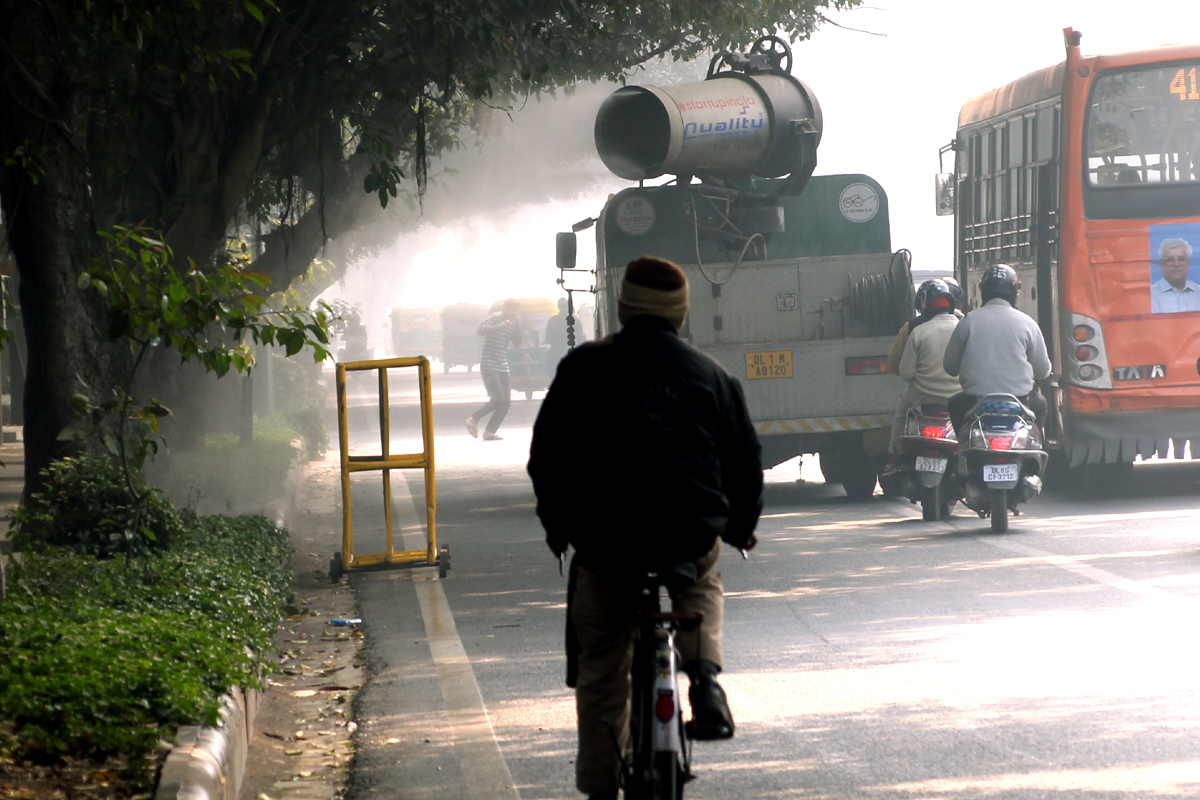KOLKATA: In response to the alarming levels of hazardous air affecting the well-being of residents, the Union Health Ministry has issued a critical health advisory to five states. The affected states include Delhi, Punjab, Haryana, Rajasthan, and Uttar Pradesh.
The advisory, delivered by the Union Health Ministry, urges these states to enhance their preparedness measures. This includes ramping up public awareness campaigns, conducting capacity-building initiatives for healthcare professionals, and actively participating in sentinel surveillance programmes focused on air pollution-related illnesses under the National Programme on Climate Change and Human Health.
The Union Health Ministry has directed the respective state health departments to issue advisories to hospitals, emphasising the need for necessary preparations to handle an anticipated surge in patients.
ALSO READ: Environmentalists question poor pollution control implementation, as Delhi’s AQI dips further
In the advisory, the Ministry also underscored the importance of state hospitals preparing for emergencies, both in outdoor and indoor patient departments specialising in medicine and paediatrics. The communication explicitly mentions the requirement for increased allocation of beds, along with updating stocks of medicines and equipment essential for effective case management.
The advisory extends its concern to COVID-19 survivors, stressing the importance of adhering to strict COVID guidelines, including mask-wearing. It further highlights a potential connection between air pollution and COVID-19 outcomes, though conclusive data is still pending.
The document warns, “Air pollution can influence COVID-19 infection and its outcome, although the data is as yet not conclusive. Particulate matter (PM) may potentially serve as a vehicle for airborne transmission of the SARSCOV-2 virus.” It goes on to state that both short-term and long-term exposures to PM2.5, as well as long-term exposures to, seem to correlate with an increased susceptibility to COVID-19 infection and higher mortality rates among those infected.
As the affected states grapple with the dual challenges of air pollution and the ongoing pandemic, the Union Health Ministry’s advisory serves as a crucial guide to mitigate health risks and enhance overall preparedness.










